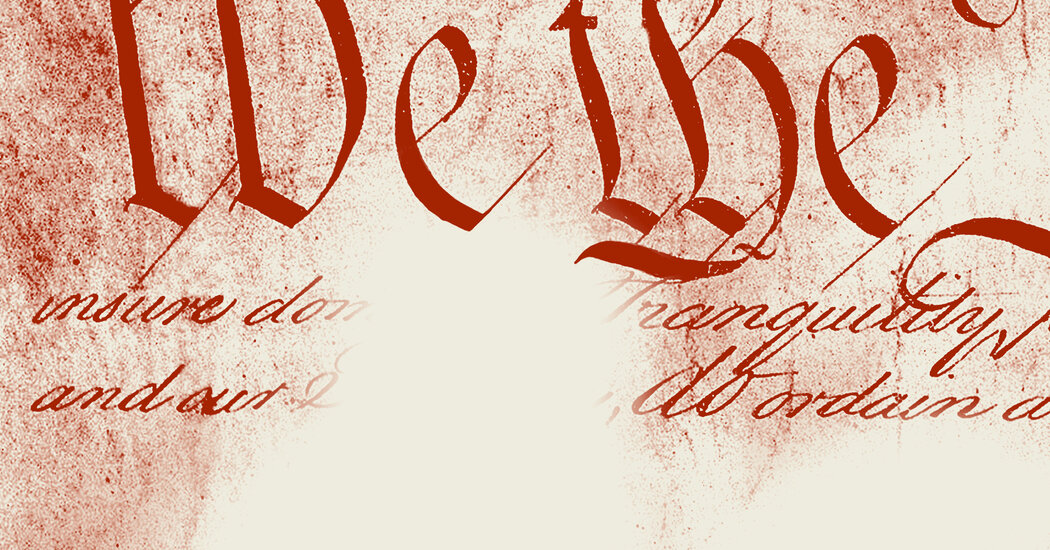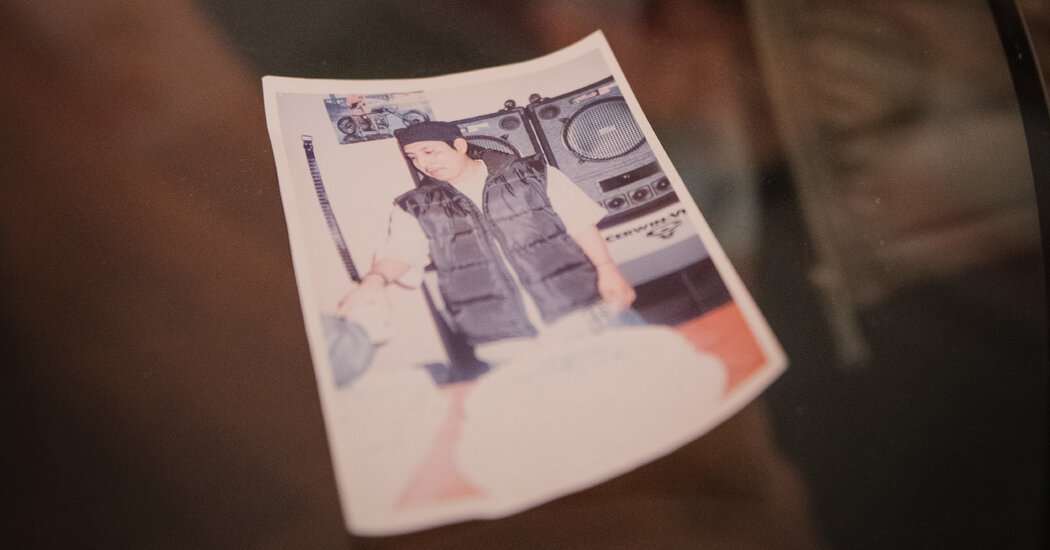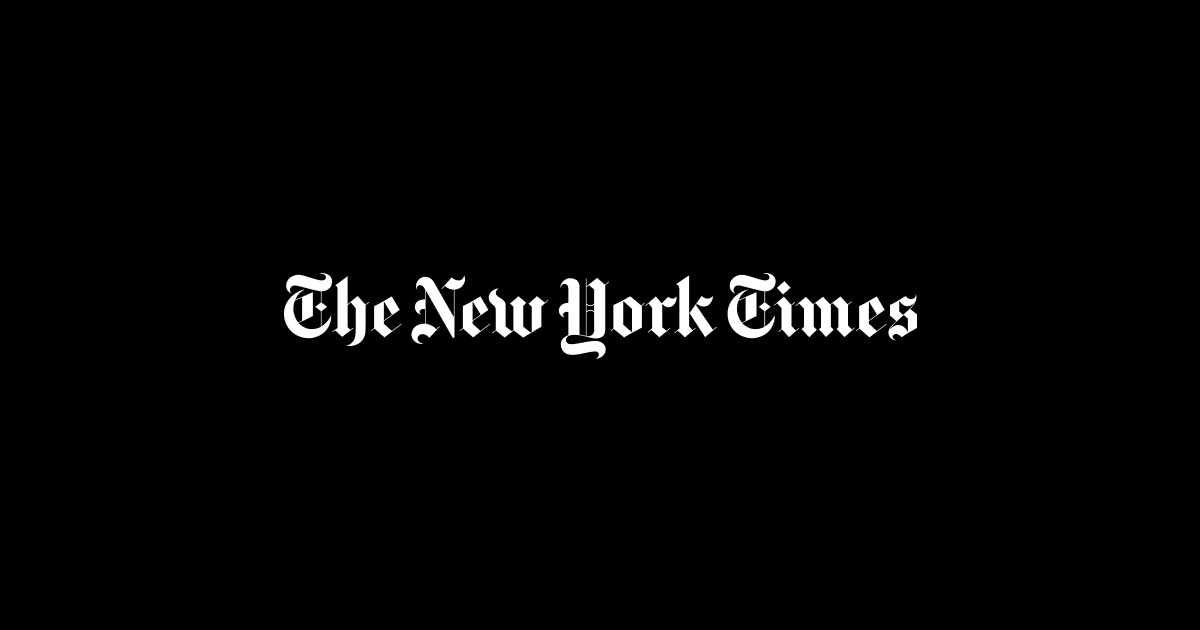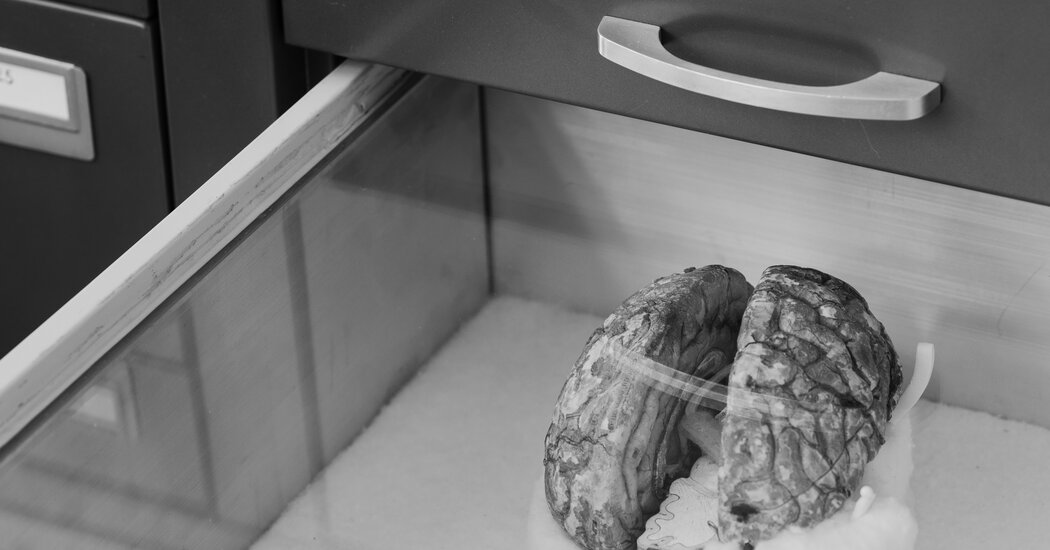The Opinions: Exploring Constitutional Challenges
The podcast, “The Opinions,” hosted by Aaron Retica, features a discussion with Jamelle Bouie, a columnist focusing on the impact of history on politics. They explore the complexities of the Trump administration’s approach to constitutional boundaries. The conversation delves into the alarming actions taken by the administration, such as attempts to dismantle government agencies and sidestep due process, which raise concerns over constitutional integrity. Bouie contrasts the concepts of unconstitutional actions and anti-constitutionalism, emphasizing the erosion of democratic principles. They discuss Chief Justice John Roberts’s efforts to uphold constitutional norms amid growing executive assertions of power. Despite the challenges facing American democracy, Bouie maintains hope in the power of democracy and civil society to resist authoritarian tendencies, drawing strength from historical examples of resilience.
Understanding Constitutional Challenges in the Trump Administration
Continuing on the topic of constitutional challenges and the resilience of democracy, it’s evident that the current discourse revolves around the struggle to maintain and strengthen the democratic framework amidst ongoing pressures. The principles enshrined in the Constitution serve as both a guide and a boundary for political activities. Leaders pressing on constitutional borders challenge us to re-evaluate and enforce the system’s checks and balances. This ongoing tension highlights a crucial dynamic: the constant vigilance required to protect democratic institutions. As these pressures continue, recognizing the potential for civic engagement and legal recourse offers pathways to reinforce democratic practices. This engagement is not only foundational to upholding the Constitution but also pivotal in ensuring that its core values remain integrated within the governance system. Understanding history’s lessons, where communities have fought against oppressive regimes, instills a sense of resolve and duty to safeguard democratic ideals. The narrative of past struggles offers a potent reminder of the enduring power of collective agency within a functioning democracy.
The Influence of History on Contemporary Politics
This determination to act and organize politically, even under oppressive conditions, serves as a powerful reminder of human agency and resilience. It suggests that even in the face of daunting challenges, people have the ability to influence change and make a difference. The recognition of past struggles and the progress made through collective effort provides a hopeful outlook for confronting current challenges. This belief in democracy and the capacity for change is integral to maintaining hope and striving for a better future, illustrating that the power to shape society ultimately lies in the hands of its citizens.
The rise of executive power and constitutional implications
Rising above despair is crucial, especially in moments when the political landscape feels daunting and grim. The fundamental belief that I hold, one that guides me through these trying times, is anchored in the bedrock of democracy. There’s an intrinsic realization that democracy isn’t just a governing system but a birthright, an inherent dignity shared by all human beings. The conviction that we possess the right to elect our leaders and determine the societal norms we wish to embrace underscores the essence of living in a democracy. This belief transcends the current challenges, reminding me continually that while some individuals and institutions may wield power over us, they do not possess any divine or inherent authority to decide our fate. We’re equal agents in this intricate tapestry, capable of shaping outcomes and asserting our collective will. The overarching understanding that our fate is, indeed, in our hands, fuels a persistent hope within me.
The Importance of Civic Engagement and Agency in Protecting Democracy
In reflecting on the challenges posed by expanding executive powers and anti-constitutional actions, it is essential to hold onto the belief in democracy and the power of collective agency. Despite the daunting nature of political shifts and historical parallels pointing towards authoritarianism, there is strength in understanding that our agency matters. The recognition of this power is evident in the actions taken by those who seek to suppress it. History shows us that even in the most oppressive systems, individuals and communities have organized to demand their rights and shape their destinies. The fight for justice and democracy is ongoing and requires active participation from all of us to preserve the path of representative democracy. We draw inspiration from those who came before us, who faced much greater adversities with courage and resolve, reminding us that we have the capacity to assert our rights and shape the country in alignment with democratic values.















Post Comment